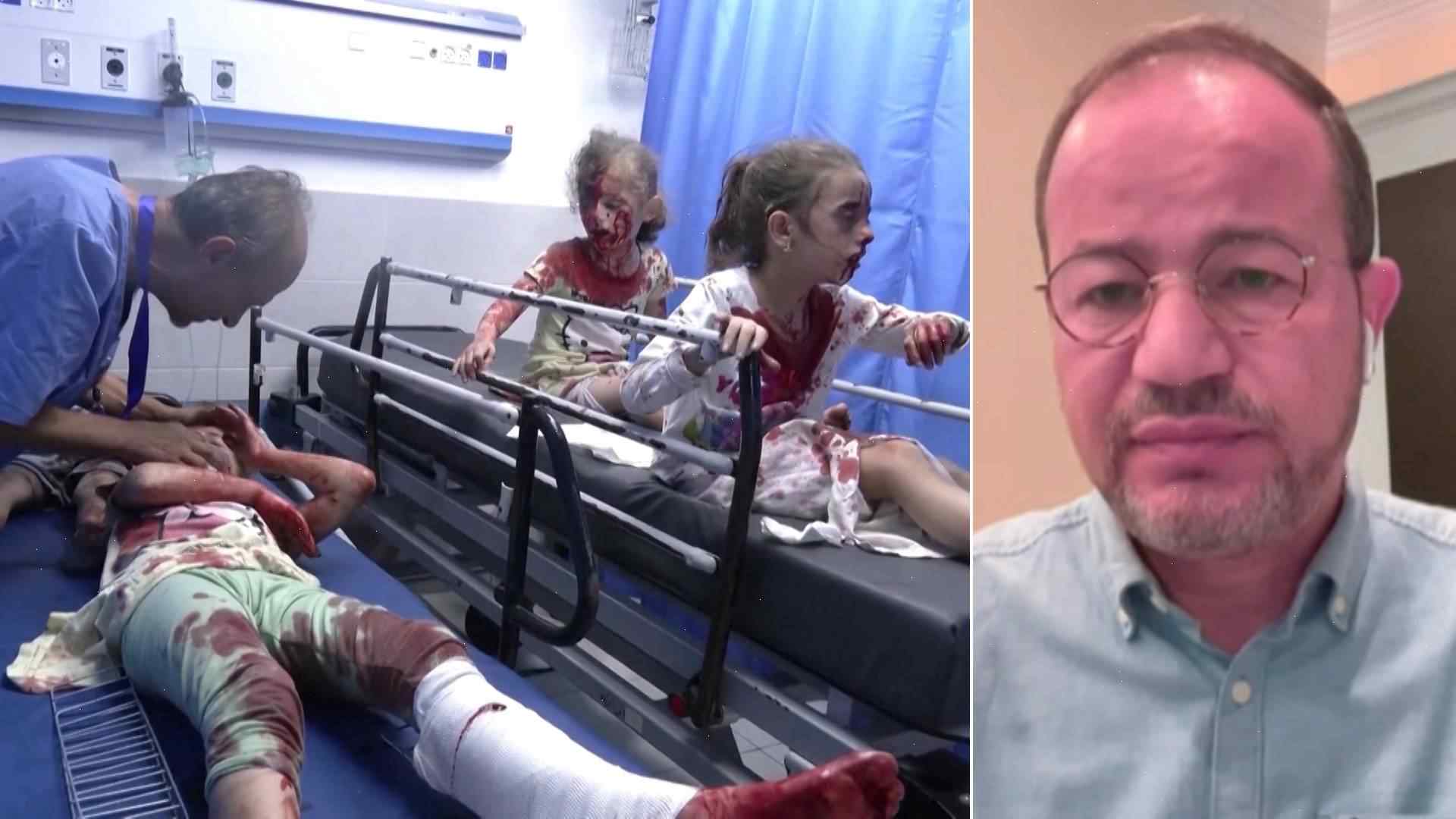The Gaza Strip, a coastal territory inhabited by nearly two million Palestinians, has been under siege by Israel for over a decade. The situation has deteriorated significantly in recent months, with the healthcare system reaching a breaking point. The lack of access to basic medical supplies, exacerbated by the ongoing conflict and bombing, has created a humanitarian crisis that threatens the lives of countless innocent civilians.
The latest escalation in violence began in May 2021, when tensions between Israel and Hamas, the ruling party in Gaza, reached new heights. The Israeli military launched a series of airstrikes against what they claimed were terrorist targets, resulting in widespread destruction and loss of life. In response, Palestinian militant groups fired rockets into Israel, triggering further reprisals. The cycle of violence has continued unabated since then, leaving both sides battered and bruised.
As the conflict rages on, the people of Gaza bear the brunt of the suffering. The healthcare system, already weakened by years of blockades and restrictions, is struggling to cope with the influx of wounded and sick patients. Hospitals are running low on essential medicines, surgical equipment, and even basic necessities like clean water and electricity. Medical staff are working tirelessly to treat the injured, but their efforts are often hindered by the scarcity of resources.
The situation is particularly dire for children, women, and the elderly, who are most vulnerable to the effects of war. Many have been forced to flee their homes, seeking refuge in crowded and unsanitary shelters. Malnutrition is becoming increasingly prevalent, especially among young children, whose bodies are still developing and require proper nourishment to grow.
The mental health impact of such prolonged exposure to trauma cannot be overstated. Entire families have been torn apart by the conflict, with many losing loved ones or witnessing horrific acts of violence. The psychological scars run deep, and the long-term consequences for the mental well-being of the population are likely to be severe.
The international community has issued warnings about the impending collapse of Gaza’s healthcare system, but little action has been taken to address the issue. Egypt, which shares a border with Gaza, has pledged some aid, but its delivery has been hampered by bureaucratic hurdles and security concerns. The United Nations Relief and Works Agency for Palestine Refugees in the Near East (UNRWA), which provides critical support to Palestinian refugees, including those in Gaza, faces funding shortages and political pressure.
Meanwhile, the people of Gaza continue to suffer, caught in the crossfire of a seemingly endless conflict. Their plight is a stark reminder of the need for lasting peace and diplomacy in the region. Until then, the healthcare crisis in Gaza will persist, threatening the very survival of a generation.
In conclusion, the situation in Gaza is nothing short of catastrophic. The healthcare system is buckling under the weight of relentless conflict and neglect, putting countless lives at risk. It is imperative that the global community takes immediate action to address this crisis, providing desperately needed aid and pushing for a peaceful resolution to the conflict. Only through collective effort can we prevent a full-scale humanitarian disaster in Gaza.

